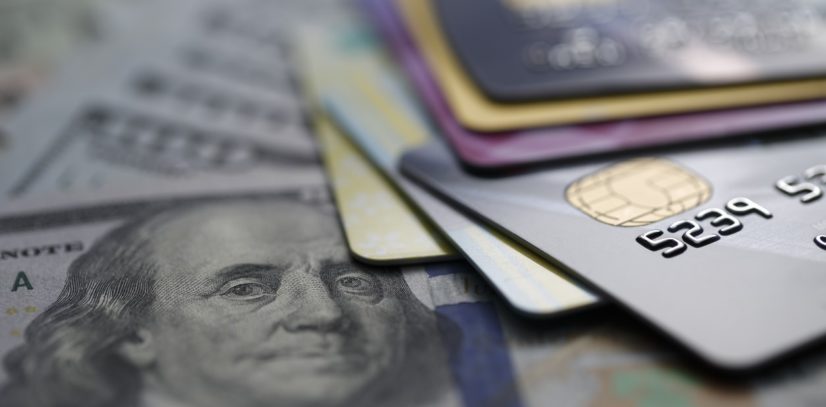
If you’re a business owner and you need some quick cash, you may be tempted to simply put your purchases on your business credit card – and pay it off when you get some additional revenue. But is this a good idea? Could you save money by choosing another type of loan such as merchant cash advance (MCA)? In this article, we’ll take a look at the pros and cons of business credit cards vs. merchant cash advances.
Understanding Merchant Cash Advances
Don’t know what a merchant cash advance is? You’re not alone – many business owners have never heard of this alternative approach to business funding.
A merchant cash advance is, essentially, an advance based on your future sales. Your MCA provider will purchase a specific amount of your future sales for a discounted price, which is your funding amount. Let’s say your MCA provider purchases $70,000 of your future sales for a purchase price of $50,000. You will receive the purchase price of $50,000 and this advance is repaid by taking a percentage of your cash and credit sales each day. In this example if you have $300,000 of revenue each month, and you pay 6% of each sale to your MCA provider, you’ll pay off your advance in about 4 months.
Because your business cash advance is secured by your future sales, there is no interest rate, and your balance never increases because of compounding daily interest, which is a plus compared to how normal business loans are structured. Here are a few pros and cons of merchant cash advances.
PRO
- No interest
- Easy to qualify
- Does not require a high credit score
- Repayment is based on revenue, you never pay more than a set percentage of your sales
CON
- More expensive than a business loan
- May have limitations on how you run your business, such as choosing a credit card processor
- Payments are made daily, not monthly
Business Credit Cards
Business credit cards are pretty simple to understand. They’re just a special type of credit card that is issued to a business owner. Usually, they have better “rewards” than consumer credit cards, as well as higher credit limits, and lower interest rates.
If you already have a business credit card, it’s a decent way to get additional financing for your company. However, if you have bad personal or business credit, you may not be able to qualify for a new business credit card – so unless you already have a line of credit, this option may be closed to you.
Here are a few further pros and cons of using a business credit card.
PRO
- You can get points and cash rewards for putting large purchases on your card, effectively giving you a discount
- Helps build your credit score
- You can qualify for a fairly low APR if you have good credit
- You can make minimum payments if cash flow is slow
CON
- Rates can be variable
- You face high interest rates if you pay only the minimum
- You’ll face a high penalty APR and fees for missing payments
- Repayment is less flexible, compared to a merchant cash advance
- Can negatively affect your credit score if you fail to pay
- Employees can more easily abuse business credit cards
- Cash advances are extremely expensive with APRs of 24-30% and immediate interest, making this a poor choice if you need cash in-hand.
As a rule, a business credit card is a good option if you already have a line of credit, and stable finances – but it may not be the best choice if you have a low credit score or have struggled with your business finances in the past.
Decide Which Option Is Best For You – And Get Funding Now!
Based on the above guide, you should have a pretty good idea of whether a business credit card or a merchant cash advance is the best choice for financing your business. So, do some thinking, choose the right option, and get the working capital that you need to keep your business running!


